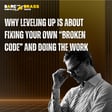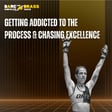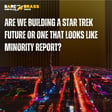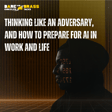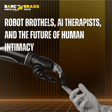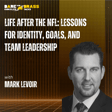
Status Check: AI Hype, Practical Use, & Up-skilling for a New Economy
George K and George A went completely off-script this week and recorded their first one-on-one episode in years. Fair warning: it gets heated about some industry trends that have been grinding their gears.
George K and George A get into:
- The AI hype cycle vs. actual utility as George K articulates step by step how he used an LLM to prepare for a talk - what it could and couldn't help with
- The danger for companies gutting entry-level positions while claiming "AI efficiency"
- The risks of a generation that can't handle disagreement or boredom
- The return of Gilded Age exploitation disguised as "hustle culture"
Real talk: If your company is advertising 70+ hour work weeks as a feature, you're part of the problem. We didn't survive a pandemic just to forget every lesson about work-life balance for the sake of some exec's third yacht.
If you're feeling the cognitive dissonance of working in tech right now, you're not alone.
What's your take? Are they just two old guys yelling at clouds, or are these legitimate concerns about where our industry is headed?
————
👊⚡️Support the show!
For as little as $1 a month, you can support the show and get exclusive member benefits, or send a one-time gift!
https://ko-fi.com/bareknucklesbrasstacks
Your contribution covers our hosting fees, helps us make cool events and swag, and it lets us know that what we're doing is of value to you.
We appreciate you!




